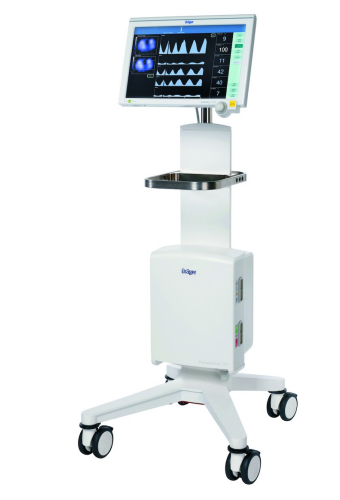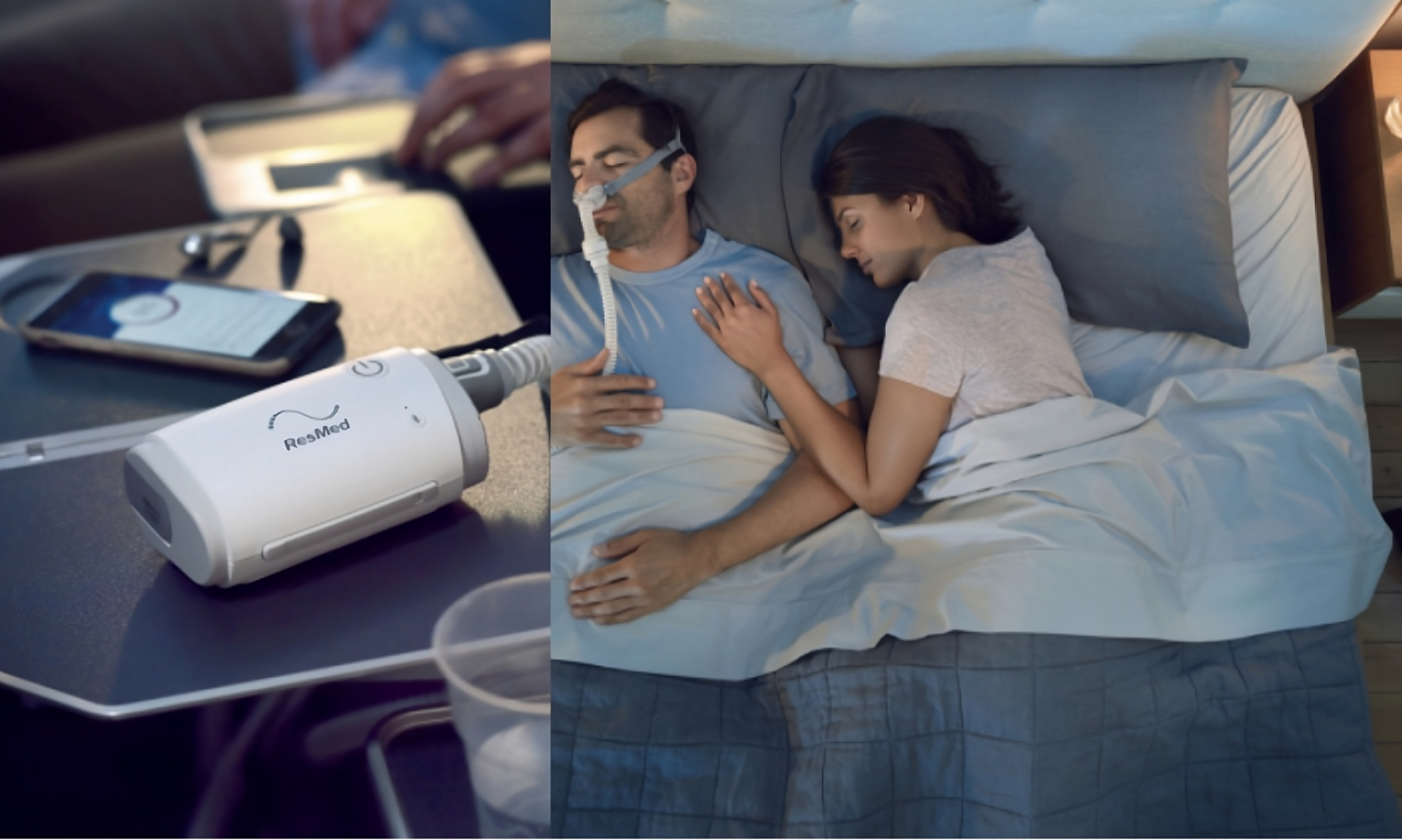Making ventilation visible. Put the power of Electrical Impedance Tomography (EIT) to work for you and your patients. With the PulmoVista® 500, you can visualise regional ventilation distribution within the lungs — non-invasive, in real time and directly at bedside.

Benefits
Visualise the entire ventilation cycle in real time
A lung-protective ventilation strategy requires optimal PEEP and tidal volume settings. Finding and maintaining these crucial settings during the course of therapy is challenging — even for experienced clinicians. Global parameters, which reflect the condition of the lung as a whole, do not provide a continuous picture of the patient’s pulmonary function. Without continuous regional information, the assessment of how different lung regions respond to therapeutic interventions over time is reduced to guess work. The Electrical Impedance Tomograph PulmoVista 500 lets you continuously and directly observe ventilation in different lung regions, facilitating the development of individualised therapy.
Directly observe and monitor therapeutic manoeuvres
The PulmoVista 500 enables assessment of regional ventilation distribution as well as changes in end-expiratory lung volumes. You can observe the effects of therapeutic manoeuvres and monitor the results over time. With these insights, PulmoVista 500 helps you maintain the best possible distribution of air within the lungs and keeps you informed on the effects which conditions such as atelectasis, over-inflation, air trapping, pleural effusion or pneumothorax may have on ventilation.
Continuous, non-invasive bedside imaging
You can monitor pulmonary function for up to 24 hours at a time, directly at the bedside. A flexible silicone belt with 16 integrated electrodes is easily placed around the patient’s chest and connected to PulmoVista 500. No invasive or stressful manoeuvres. No ionising radiation. No patient transport.
Valuable information at your fingertips
In addition to images, the Electrical Impedance Tomograph PulmoVista 500 generates in real-time global and regional impedance waveforms and parameters. It also provides trend views on ventilation distribution and changes of endexpiratory lung volume which lets you compare the current pulmonary status with previous ones. Moreover, the view “Diagnostics” enables a convenient analysis of ventilation distribution, regional compliance changes (CW, CL) and delays in regional ventilation (RVD) and is thus particular suitable for assessing therapeutic interventions such as PEEP trials. This information can provide you with a more complete picture and help guide your lung-protective ventilation strategy during the course of treatment.
